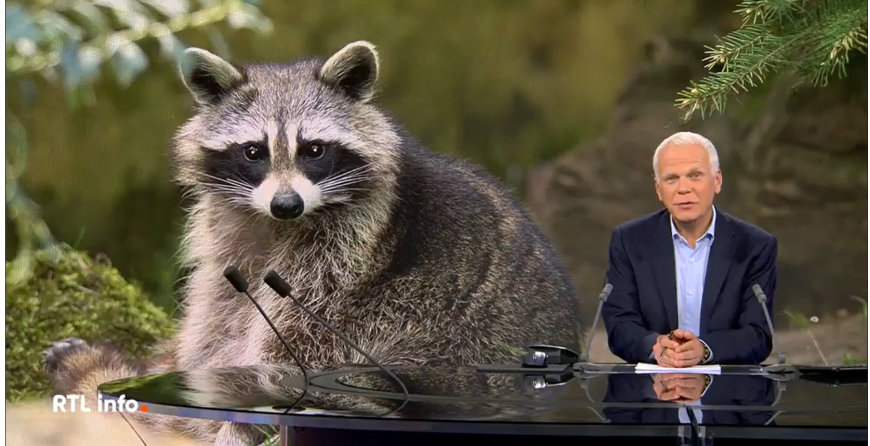Outbreak of blackleg in K’pong Thom cattle
After Germany, the Netherlands, Luxembourg and France, Wallonia has recorded the first cases of baylisascariasis in raccoons in Belgium, the SPW announced on Monday.
Six masked mammals have been identified as carriers of this parasitic disease, transmissible to humans. The Wallonia Public Service is therefore reminding people of the barrier gestures to protect themselves from contamination.
The raccoon established itself in the south of Belgium in the 1980s. Although it has a preference for wooded areas and the edges of waterways, it adapts easily to more urbanized environments. Without predators, its population grows easily, reaching 75,000 individuals in Wallonia. Charming and reckless, the animal invites itself into homes to find food. It can then injure domestic animals and transmit diseases.
Baylisascaris procyonis, a danger to humans
Among these diseases, the raccoon can carry intestinal worms called Baylisascaris procyonis. The eggs of this parasite are found in the animal’s droppings, on its fur and in its direct environment. The infection is not fatal for raccoons but can be transmitted to humans, by accidental ingestion of soil or other material soiled by the feces of contaminated raccoons. Human infections remain rare but can be very dangerous: the larvae cross the wall of the digestive system and spread throughout the body via the blood vessels. They then mainly affect the muscles, but also the nervous system and the brain, causing irreversible damage (sometimes fatal encephalitis, eye problems, affected organs).
To avoid getting sick, it is therefore better to adopt a few simple actions. The SPW recommends not approaching (and even less touching) a raccoon, not feeding it, closing sandboxes when they are not in use and supervising children so that they do not put dirt in their mouths. During a walk in the countryside, only pick wild berries if they are more than 50 centimeters from the ground. Finally, systematically wash fruits and vegetables and cook food from fields, forests or gardens that are potentially accessible to raccoons or foxes.









